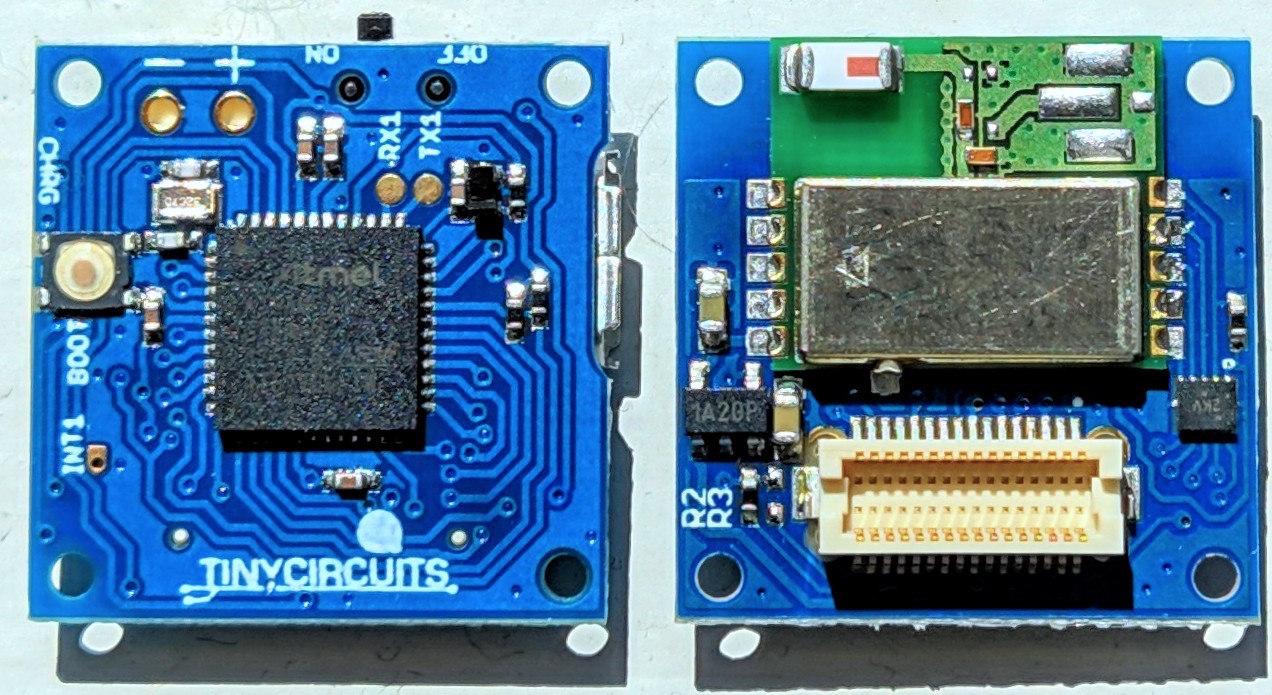Are you looking to study embedded systems? An embedded systems course can provide you with a comprehensive overview of the topics related to embedded systems design, development, and programming. In this article, we will discuss the topics covered in an embedded systems course, the skills and knowledge that students can expect to gain, the format and duration of the course, and the benefits of an embedded systems course.
What is an embedded systems course?
An embedded system course is a type of course that focuses on the design and development of computer systems that are built into other devices or products. Embedded systems are used in many applications, such as cell phones, automobiles, aircraft, industrial control systems, and household appliances.
Topics Covered in an Embedded Systems Course
In embedded systems courses in Bangalore, students will learn the basics of microcontroller architecture, programming languages, and hardware design. Topics such as memory organization, interfacing, communication protocols, and data structures will also be covered. Students will also learn to write code for embedded systems and debug them. Additionally, students will learn about the different types of microcontrollers and their various applications.
Skills and Knowledge
Students can expect to gain an understanding of the fundamentals of embedded systems design, development, and programming. They will learn to write code for embedded systems and to debug and troubleshoot them. Students will also learn about the different types of microcontrollers and their various applications. An embedded systems course can also provide students with personal satisfaction and problem-solving skills from building and programming real-world systems.
Format and Duration
Embedded systems courses are usually offered in-person or online, full-time or part-time. The course duration can vary depending on the course type and the instructor’s level of expertise. Students who attend the course in-person will usually complete a series of lectures and hands-on activities, while those who attend the course online will usually be able to complete the course at their own pace.
Benefits of Taking an Embedded Systems Course
An embedded systems course can lead to numerous career opportunities in embedded systems design and development. Students can apply embedded systems concepts to various industries, such as automotive, healthcare, and consumer electronics. An embedded systems course can also provide students with personal satisfaction and problem-solving skills from building and programming real-world systems.
Prerequisites for an Embedded Systems Course
Most embedded systems courses do not require any prerequisites. However, some courses may require computer science, mathematics, and electrical engineering knowledge. Some courses may require students to have prior experience with programming languages such as C++ or Java. It is important to check the prerequisites for a specific course before enrolling.
Conclusion
Taking an embedded systems course can provide students with a comprehensive overview of the topics related to embedded systems design, development, and programming. Students will gain the skills and knowledge needed to apply embedded systems concepts to various industries and develop personal satisfaction and problem-solving skills. Most embedded systems courses do not require any prerequisites, but it is important to check the prerequisites for a specific course before enrolling.




